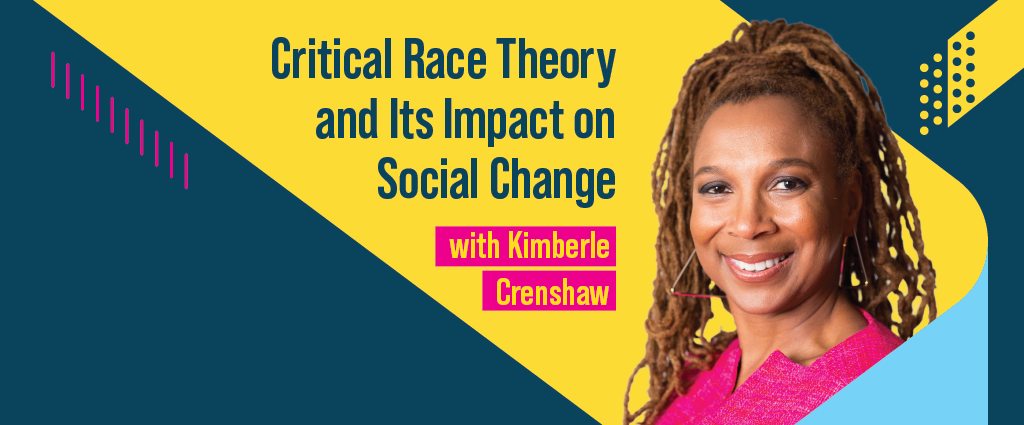By: Riley Sullivan
NORTHRIDGE — The University Student Union (USU) Diversity, Equity and Inclusion (DEI) team hosted Critical Race Theory and Its Impact on Social Change with speaker Kimberle Crenshaw, as a part of the Essential Talks speaker series. Throughout the discussion, Crenshaw explained Critical Race Theory through the prism of intersectionality.
“The goal of intersectionality is to help institutions make good on their promises,” said Crenshaw, “Many times the best intentions to create diversity, to create equity, fall short.”
Intersectionality is meant to focus on an individual; not to categorize people into groups. By placing people into groups based on their intersections of gender, class, age, etc., it is still possible for people to fall through the cracks.
An example Crenshaw gave of the system falling short was when an unhoused woman was seeking shelter but did not speak English. The woman did not fit within a two-way intersection of gender and homelessness, a combination the shelter is used to serving. The shelter was not prepared to accommodate someone who was non-English speaking, which made her seem invisible, unable to utilize their services.
While intersectionality does occur in most situations, Crenshaw acknowledged that understanding intersectionality means also recognizing that it does not pertain to every situation.
According to Crenshaw, Critical Race Theory is a practice born from post-Civil Rights law students, with a purpose of asking questions to uncover underlying ways that laws still produce inequalities based on race.
“Critical Race Theory looks beyond the claims of ‘color-blindness.’ It elevates the ways that institutional and systemic forms of discrimination continue to create these different outcomes and law is part of that continuity,” Crenshaw said.
When asked how she stays positive, Crenshaw said that while she has her own reservations about the progress made, meeting with people in-person and having these discussions is what makes her hopeful.
“Young people have something to say about this stuff. People of color have something to say about this stuff,” Crenshaw said.
Crenshaw is an author and a professor of law at both UCLA and Columbia Law School. Throughout her career, she has advocated for Critical Race Theory and intersectionality, both terms she coined.

